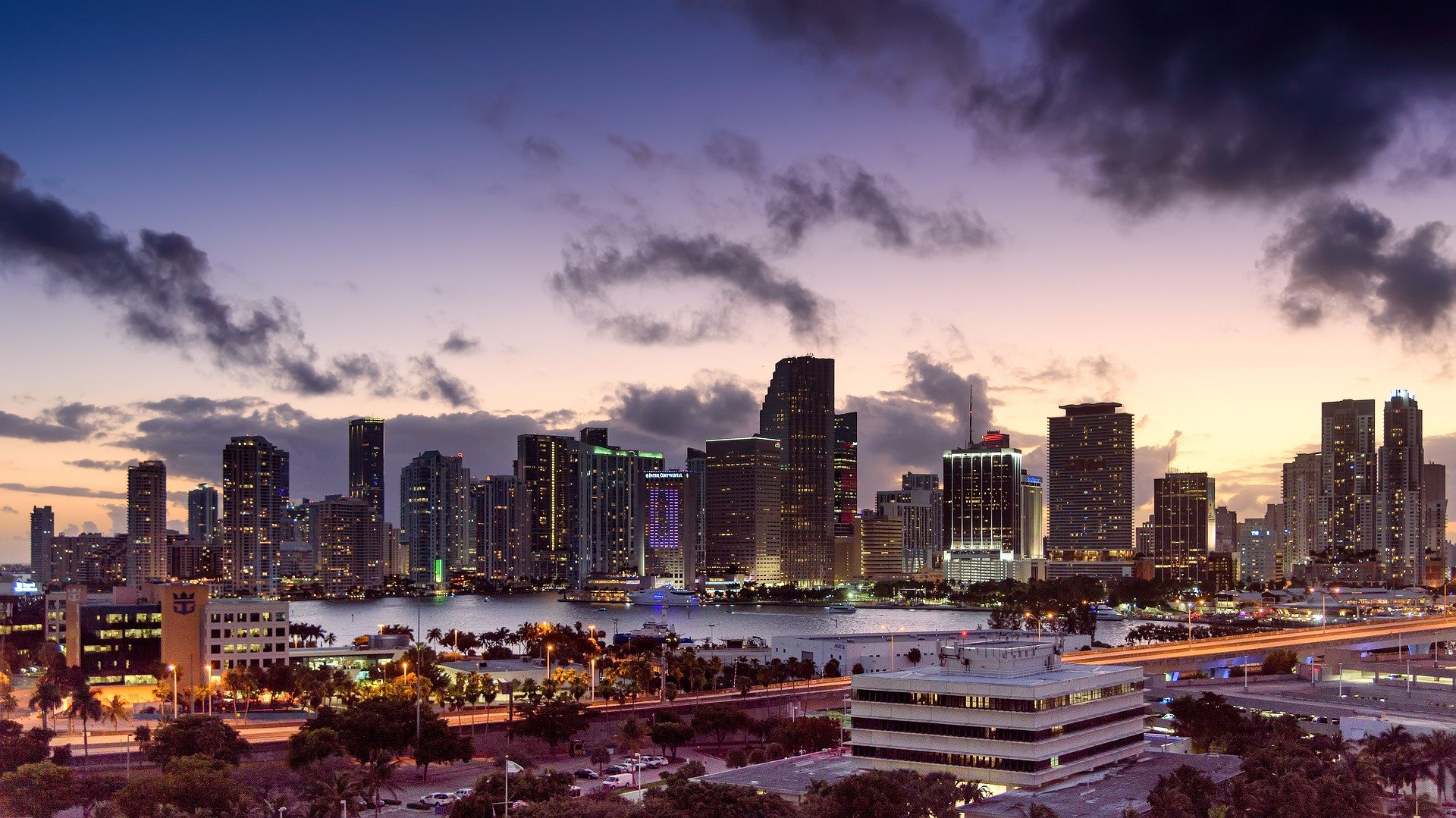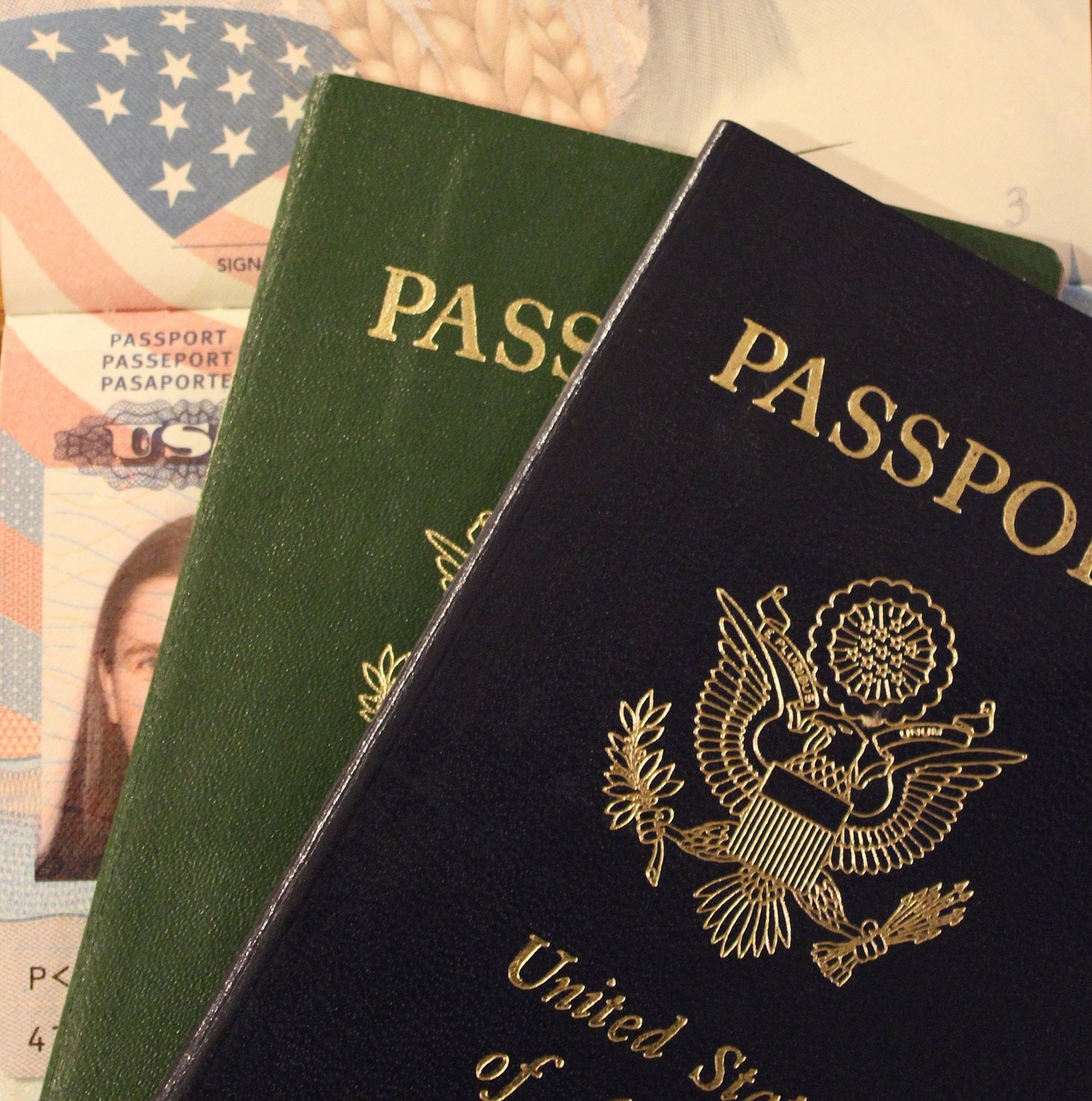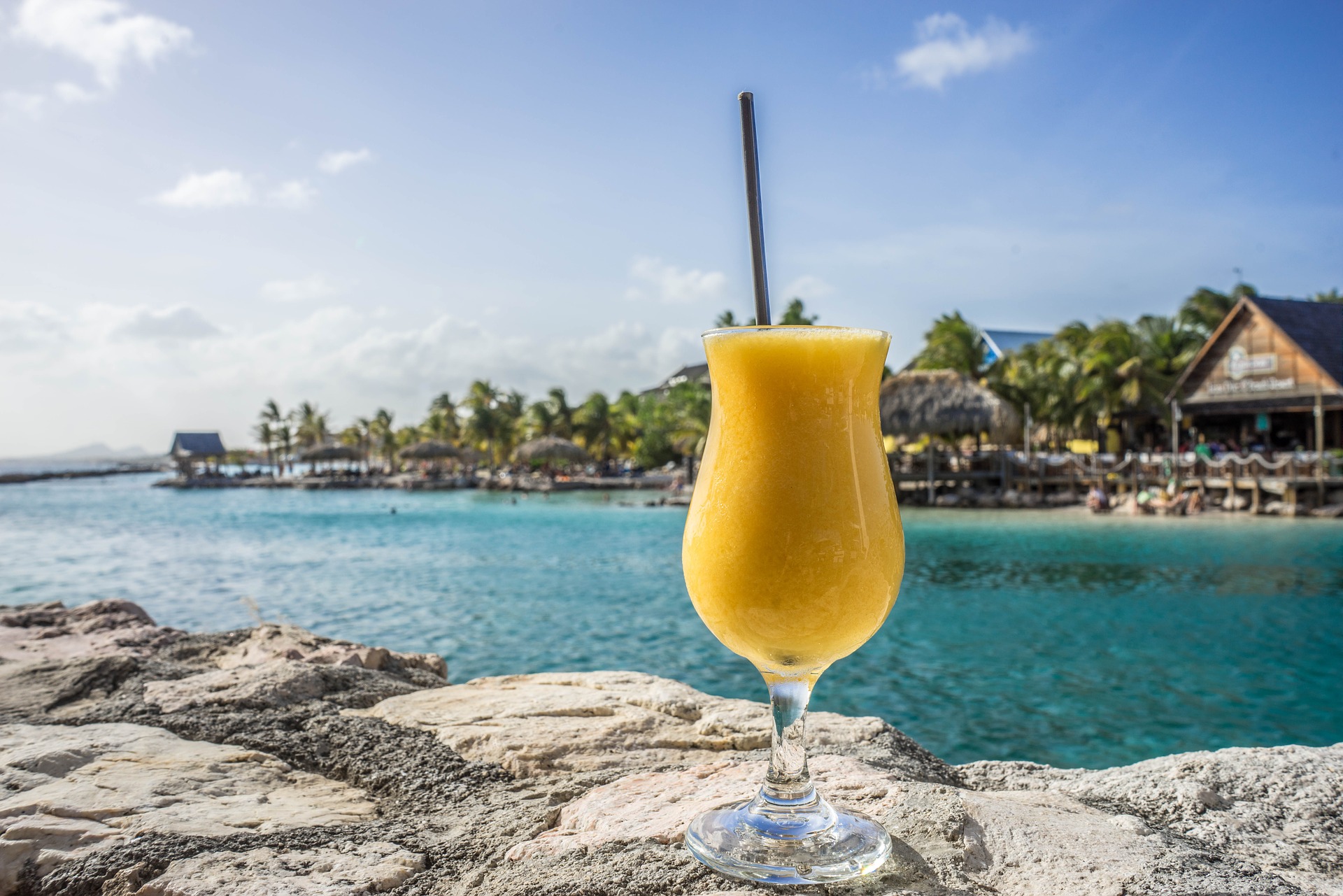Moving from the Caribbean to the USA – what’s to know?

The Caribbean is often branded as heaven on earth for vacationers – a fun exotic destination for visitors. This kind of view conveniently disregards several things. Mostly it is its disproportionate vulnerability to the results of climate change with all of the extreme weather that has been hitting the region for some time. The financial prospects of its people are not so shiny either. Searching for a better life is perhaps the most common reason why people from the Caribbean move to America. And they do it a lot. According to a World Bank report from 2015, almost seventy percent of the Caribbean diaspora has settled in the USA. Even with more and more anti-immigration policies trying to dissuade people from doing it, it is still a common occurrence. However, even though they are geographically close and moving to the US is pretty popular, these two areas are not particularly similar. So, if you’ve decided to go down the route of moving from the Caribbean to the USA – what’s to know?
Where to move?
According to migrationpolicy.org, the majority of Caribbean immigrants moving to America between 2013 and 2017 settled either in Florida or in the state of New York. Jamaican citizens particularly favor New York, though they are otherwise pretty evenly spread out. As for cities, the most popular ones for Caribbean immigrants are New York City and the metropolitan area of Miami. There are several reasons for this. The main is the fact that both of these cities are already melting pots. They are already very ethnically diverse, while the same cannot be said for most other places in the country. Moving from the Caribbean to the USA historically often meant moving to New York or Miami.


Miami is particularly welcoming to immigrants from the Caribbean. According to the 2008 Census, almost sixty percent of the Miami County spoke Spanish. Half of those people stated that they do not speak English very well. Though immigrants from the Caribbean are likely to speak English well, eliminating the language barrier can give a considerable push to potential immigrants. But keep in mind that you will need the right help if you decide to take this step. Hiring affordable movers like miamimoversforless.com can help ease your transition to Miami.
If you are moving from the Caribbean to the USA and are more interested in a smaller town, why not opt for settling down in Davie, FL with some assistance? Davie is a town in Broward County with a fifth of its residents being Spanish speakers. Broward County, on the whole, is one of Florida’s counties with a large population of immigrants from the Caribbean.
How do you move to the US legally?
There are several avenues for moving from the Caribbean to the USA legally. According to migrationpolicy.org, however, Caribbean immigrants are more likely to gain citizenship by becoming naturalized citizens. In order to become a naturalized citizen, you must be at least 18 years old and you have to have been lawfully admitted into the US for permanent residence. The highest naturalization rates in the past have been achieved by immigrants from Trinidad and Tobago and Jamaica. Two additional ways of obtaining a green card are either through the family reunification channels or gaining a green card as a refugee or asylum-seeker.


Moving from the Caribbean to the USA – what’s to know?
In many ways, moving from the Caribbean to the USA is the same as moving anywhere else. You need to look out for the same things and work tirelessly at organizing your move as best as you can. However, there are certain cultural and practical inconsistencies you may want to pay attention to.
Weather
If you are coming from the Caribbean, you are probably used to having only two seasons – the dry and the wet season. The USA, however, has a much more varied climate. So depending on where you’re moving, you may need to modify the clothes you bring with you as well as your expectations of what everyday life is going to be like. New York is a popular spot for Caribbean immigrants. However, it has four seasons and its winters can really blindside someone who favors being warm for most of the year. This is perhaps part of the reason why immigrants from the Caribbean often choose Florida – its climate is much closer to what they’re used to.


A fruity drink with a Caribbean landscape in the background.
Understand and appreciate other cultures
While this is not a rule, sometimes coming from a small nation in the Caribbean can mean no exposure to a variety of different experiences you will probably come across in the US. This is particularly true of metropolitan areas. Some of the most surprising events can be witnessing the freedom certain communities enjoy in the US as opposed to what you have experienced back home. Furthermore, with these places being such vibrant melting pots, you are likely to meet people from different backgrounds and walks of life. Try to approach everyone with an open mind and heart. You will learn more and be more life-savvy. Not only that but your life will be richer simply through experiencing and appreciating those differences.
Culture shock
Beware of culture shock. No matter how much you may want your move and how much you are excited about it, culture shock will find you. Its four stages are:
- The honeymoon stage when everything seems perfect, fun and exciting.
- The frustration stage is possibly the most difficult one. It pretty much represents the fatigue with everything that is new to you. Those are usually things that used to tickle you to no end only the day before.
- During the adjustment stage, you start feeling more comfortable and used to the novelty.
- Acceptance – the final stage.
Everyone experiences culture shock. However, finding your own way to navigate it is part of moving from the Caribbean to the USA. Make sure you don’t isolate yourself and try to stay positive even through your darkest periods.





